‘Like a meteor just crashed onto me’: Carolynne Noonan, ovarian cancer survivor
This month is ovarian cancer awareness month. We spoke to a brave Queensland mum who battled ovarian cancer and won.
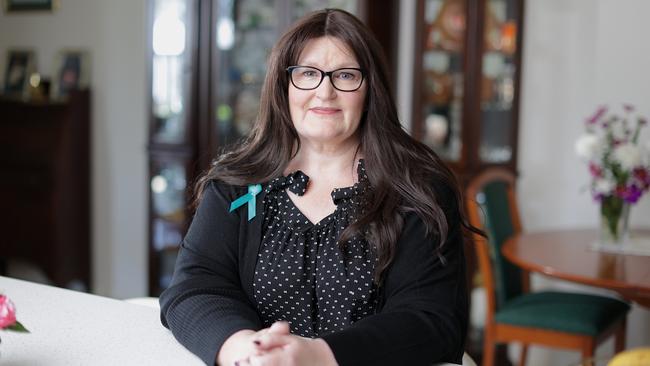
Lifestyle
Don't miss out on the headlines from Lifestyle. Followed categories will be added to My News.
“I felt like a meteor just crashed onto me,” mother-of-two, Carolynne Noonan said.
In March last year Carolynne, 51, from Moreton Bay, was diagnosed with ovarian cancer.
Carolynne had symptoms … but she had no idea the symptoms were caused by ovarian cancer.
Not one for taking a break, Carolynne put her extreme exhaustion down to her intense but rewarding role with Education Queensland.
Despite a battle with exhaustion, Carolynne said she wasn’t too concerned about the cause of her symptoms until she constantly had an urge to urinate.
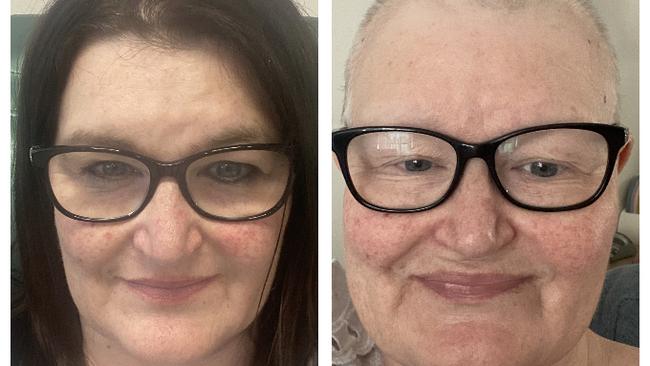
It got so bad that she was struggling to take the bins out without needing to urinate.
This was followed by severe pain in the lower right side of her stomach.
After a trip to the emergency department Carolynne was told she had ovarian cancer.
Carolynne, alone in the clinic at the time, and understandably emotional, asked to see the scans.
She wasn’t aware her symptoms were related to ovarian cancer.
The first question her son Samuel asked was “are you going to die?”
Carolynne didn’t know the answer to the question, so she reached out to Ovarian Cancer Australia for guidance.
Ovarian Cancer Australia CEO Jane Hill said they were able to put Carolynne in touch with a specialist nurse to provide support throughout her ovarian cancer journey.
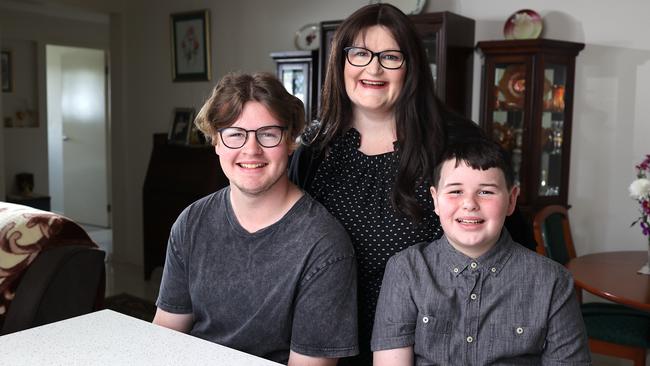
“Our in-house support team is made up of specialist ovarian cancer nurses, psychologists, counsellors, exercise physiologists and a social worker, all available to Australians affected by ovarian cancer free of charge, no matter where they live,” she said.
“We also provide a suite of information and support resources including our flagship Resilience Kit, and other resources on topics including fear of recurrence, sexuality, genetics, survivorship and more.”
Ms Hill said ovarian cancer is one of Australia’s deadliest women’s cancers, with the five-year survival rate sitting at just 49 per cent.
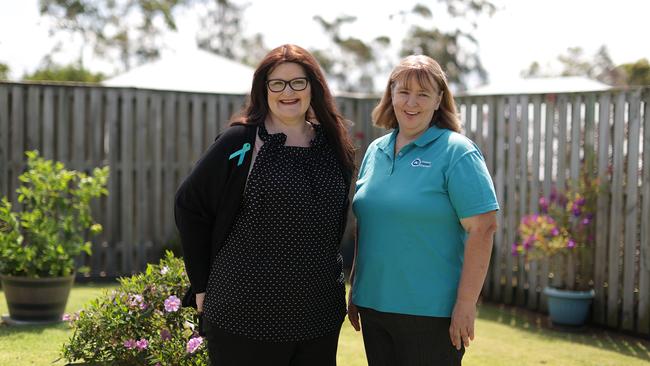
“Ovarian cancer is a difficult disease to detect – there is no early detection test, and the signs
and symptoms are often vague and mimic other conditions. What’s more, by the time
symptoms do present, most people will already be in the late stages of the disease,” she said.
“Unfortunately, recent research has also suggested that in most cases, regular testing and
monitoring of symptoms of the general population to detect ovarian cancer at an earlier stage
hasn’t improved overall outcomes.
“However, the most common symptoms include increased abdominal size or persistent
abdominal bloating, abdominal or pelvic pain, feeling full after eating a small amount or
needing to urinate often or urgently.
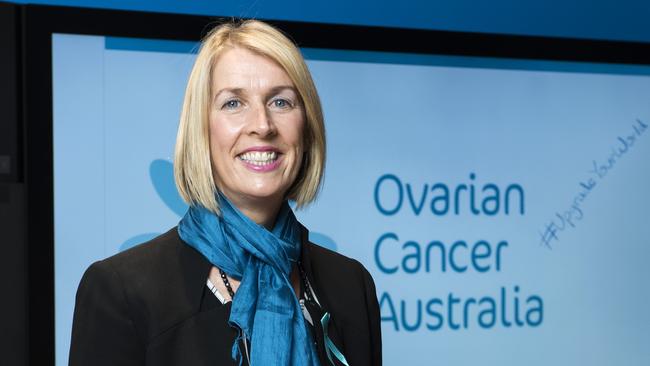
“It is important to remember all the symptoms mentioned can be caused by other, less serious
medical conditions. However, if you are experiencing any of these symptoms, which are
persistent and troublesome, you should see your doctor. They will be able to examine you and
if necessary, do further tests to find the cause of your problems.”
Now a year on, Carolynne said in a way she is grateful for her experience as she now has a lighter approach to life, with a new diet, meditation and yoga now part of her daily routine.
You can support Ovarian Cancer Australia by donating on their website www.ovariancancer.net.au


